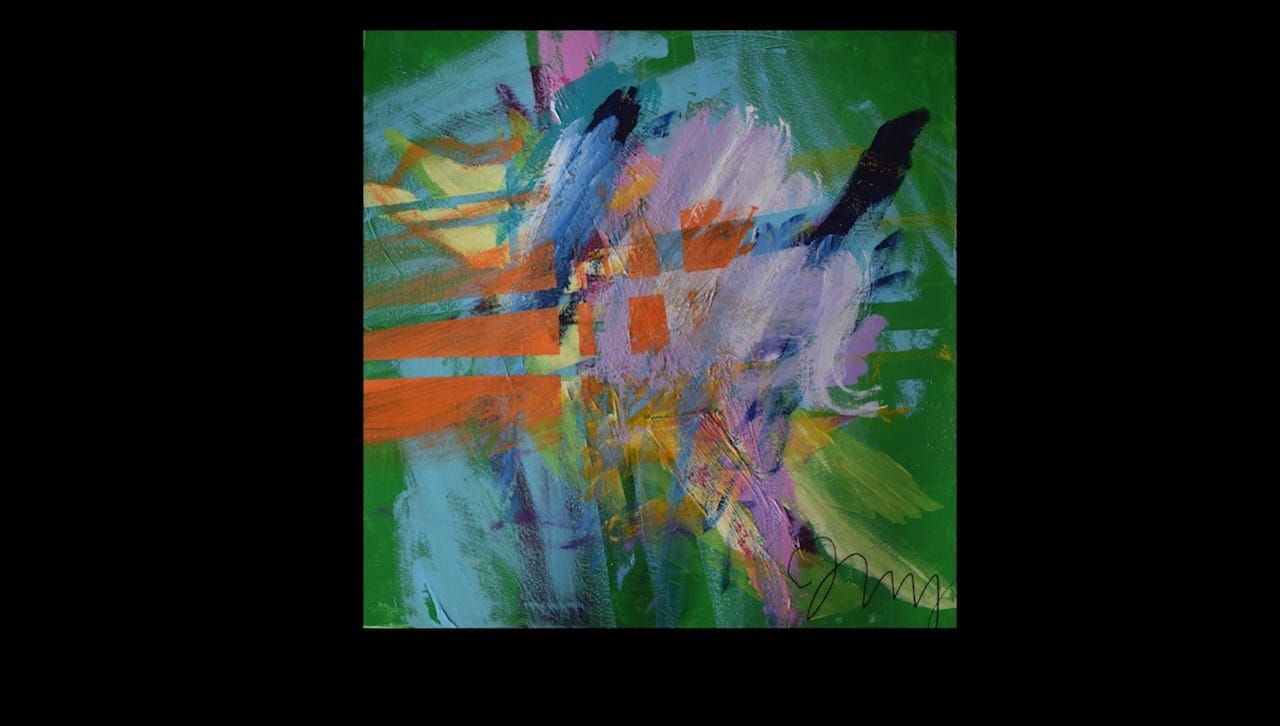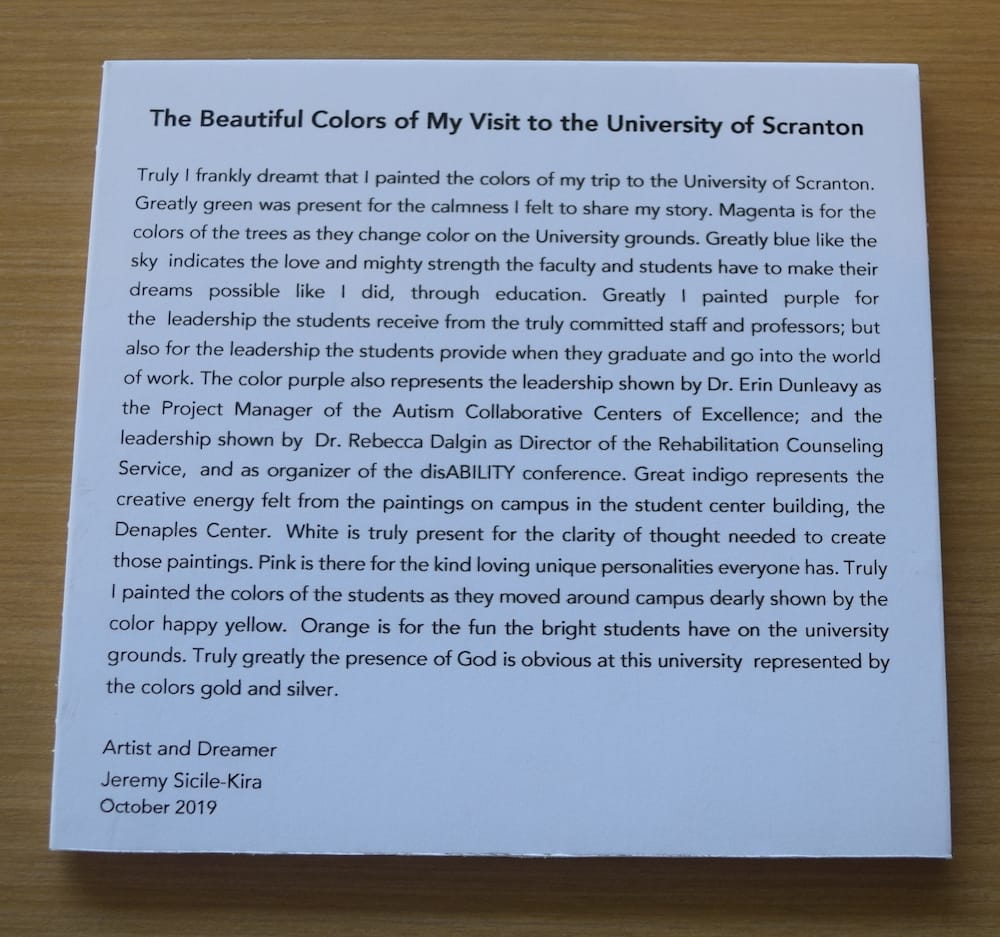Collaboration to Ignite Humanistic Flame of Autism

Merely four decades ago, when Clara Claiborne Park wrote her groundbreaking book The Siege, autism was viewed as a perverse disorder and the parents, and particularly the mothers, of autistic children as responsible for that perversion. Cold mothers, hard fathers, inward children – the myth was propagated by no less than acclaimed psychiatrist and writer Bruno Bettelheim.
But rebel and defiant members of the healthcare community, perhaps the richest profession for mining dramatic human stories, gave writers, filmmakers and artists the discoveries and creative spark they needed to help effect a massive cultural transformation.
And so, it took art – not science, not politics, not economics – to transform our understanding and embrace of autism. From The Siege to the film Rain Man, from Extremely Loud and Incredibly Close to My Name is Khan, writers, filmmakers and artists revolutionized, together with their medical counterparts, the acceptance and treatment of innumerable children around the world. Over a few decades, the pediatric field of Developmental Disabilities expanded in lockstep with the arts’ powerful portrayals of autism, and parents who were once scorned or looked askance at slowly have become heroic figures.
In November 2018, as part of a 13-county survey of health needs in Northeastern Pennsylvania, Debra Pellegrino, Ed.D., dean of The University of Scranton’s Panuska College of Professional Studies (PCPS), and key colleagues at PCPS received an assessment of unmet health needs in the area. Autism and other developmental disorders ranked alongside opioid addiction at the top. PCPS’ new autism program grew out of this assessment. It aims to produce leading professionals in the field – but also serve this community. The effort will bring national and international figures to the Scranton area to focus on applied behavior analysis, the field PCPS has identified as most lacking in the area and most fundamental to improving lives for those with autism. This work will be performed because of a generous a three-year, $6 million grant in partnership from the AllOne Foundation for the 13 counties or Pennsylvania. The AllOne Foundation named five hubs with PCPS as the executive hub of the Autism Collaborative Centers of Excellence (ACCE), putting the University at the forefront of front-line research and analysis in autism. One in every 64 children in the U.S. develop some form of autism; the PCPS program, with their many partners through the AllOne Foundation, will serve more than 17,500 children and their families in the Northeastern Pennsylvania area.
Recently, Michael E. Kelley, Ph.D., BCBA-D, as a faculty member in the Counseling and Human Services Department, came on board at PCPS to collaborate with counseling professors Lori Bruch, Ed.D., and Vanessa Jensen, Ed.D., BCBA-D, on making the program a national leader. Dr. Kelly will focus on leading the Applied Behavior Analysis Certificate of Advanced Graduate Study, an 18-credit program for professionals working in psychology, education, childcare, occupational therapy, speech and language disorders, and counseling, and developing a Master of Science in Applied Behavioral Analysis with his colleagues.
This collaboration between PCPS and the University’s Slattery Center for the Humanities will take this historic, groundbreaking relationship between the arts and medicine as our model. The Slattery Center, seeking to bring storytelling about autism to both its local and global platforms, will soon announce the Autism Project as the lead initiative in its Health Humanities platform. The Slattery Center’s executive director, Gregory Jordan, J.D., will coordinate together with new Philosophy professor Matthew Shea, Ph.D., currently a medical ethicist at UCLA Medical Center. Dr. Shea will also serve as a sort of intellectual and philosophical bridge to PCPS, focusing not least on the Ignatian dimensions of caregiving, healthcare, and family life.
As the artistic, philosophical and theological complement to PCPS’ cutting-edge work, the Slattery Center will provide the narrative focus, human backdrop and dramatic context to PCPS’ innovative programs. PCPS will bring the professional focus, research, and clinical expertise, and the Slattery Center will mine and memorialize the stories that PCPS generates and will bring in renowned autism storytellers to enrich the PCPS program and participants.
Collaboration content will include:
- Local Humanities/Digital Humanities
- The Center will film, present and archive a series to be called Autism Stories in which local families will tell their stories on video. We will have a Local Autism Film Festival at the end of each year showing the work of Slattery Center student videographers who will interview local families and children about their autism stories.
- The Center will host a regular reading series of work by these parent and children partners in the area.
- Screenings
The Center will hold screenings for feature films and documentaries on/about autism.
- Art Shows
The Center will host art exhibits for autistic artists.
- Speakers Series
The Center and PCPS will invite and host an elite list of internationally respected arts and pediatric healthcare figures.
The Panuska College of Professional Studies also hosts the U.S. Conference on Disability which is in its 19th year of offering this conference. With the partnership of the AllOne Foundation, the 19th annual conference on October 6, 2020, “Exploring Autism Across the Spectrum: Building Inclusive Communities,” is open to the public free of charge. As part of the conference, an evening Town Hall with the keynote speaker will be co-hosted by the Slattery Center for the Humanities.

This is artist Jeremy Sicile-Kira’s description of the painting “The Beautiful Colors of My Visit to The University of Scranton.”






